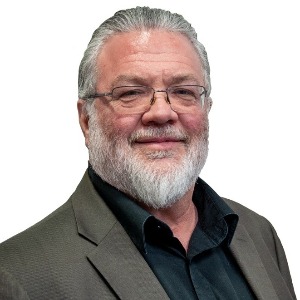Toxicological Studies Of Medicinal Herbs
Medicinal herbs have been used for thousands of years in traditional medicine to treat and prevent a variety of ailments. With the emergence of modern medicine, research into the toxicological effects of these herbs began to increase. Toxicity of medicinal herbs can vary depending on the type of herb, the way it is processed, and the manner in which it is administered to a person. Toxicological studies are important in evaluating a herb’s safety and establishing safe dosage levels. Toxicity studies typically involve preclinical laboratory evaluations that involve exposing cells and laboratory animals to the herbal extract and observing its effects. These toxicological studies are necessary to establish a herb’s toxicity profile, which helps to determine the safety of taking it in therapeutic doses. It is important to note that the toxicity of a herb can vary depending on the parts of the plant used, the extraction methods, and the dose taken by a person. Toxicological studies may also include human clinical trials, where the herb is administered to people under controlled conditions. Studies such as these allow researchers to observe any adverse side effects as well as assess possible therapeutic benefits. Furthermore, clinical trials may also provide insight into the herb’s pharmacokinetics which can provide valuable information on the herb’s pharmacological action and potential therapeutic use. Besides pharmacokinetics, toxicological studies can also provide information on the herb’s chemical constituents, any potential contaminations, and its environmental impact. This information can help researchers and health care professionals determine the herb’s suitability for medicinal use. In conclusion, it is evident that toxicological studies are essential in determining the safety and efficacy of medicinal herbs for therapeutic use. While toxicological studies can provide valuable information about a herb’s pharmacokinetics, chemical constituents, and safety profile, they cannot replace the need for clinical trials involving human subjects. By educating healthcare professionals and the public of the potential risks posed by medicinal herbs, these studies can help to ensure the safe use and administration of these herbs.

Mary Jo Bulbrook
Akamai University, United States
Kenneth R Pelletier
University of California School of Medicine, United States
Gene Bruno
Nutraland, United States
Kevin KF Ng
MD Natural Care LLC, United States
Julieta Andico Songco
JAS Consulting Services, United States
Debrah Nadler
Alzheimer’s Support, LLC, United States




Title : The importance of integrating TCM with conventional medicine in the diagnosis and treatment of physical and mental exhaustion due to excess or lack of professional activity
Angela Sanda Tudor, Society of TCM from Romania, Romania
Title : Change your genes - Change your life: Sorting the hope from hype of human longevity
Kenneth R Pelletier, University of California School of Medicine, United States
Title :
Laure Le Corroller, Dr.& Master Sha Tao Academy, Canada
Title : Examining the factors that decrease and increase the effect of acupuncture
Yucel, Elonysia LLC, Turkey
Title : Pure consciousness and lifestyle practices in ayurveda — Positive epigenetic transformations
Girish Momaya, Maharishi European Research University, Netherlands
Title : Akkermansia muciniphila 001 (AKK001™) postbiotic for body morphology and metabolic indicators in an overweight population: A randomized, controlled trial
Gene Bruno, Nutraland, United States